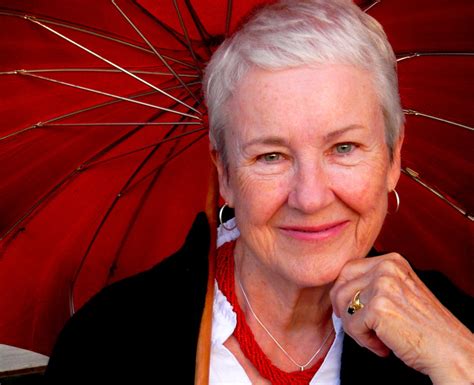A Quote by Kathryn Minshew
Starting a business isn't for everyone, and it's not what you should do if you aren't sure what else to do. It requires thick skin and the willingness to carry a great deal of stress, sometimes alone. It's more often a life of failure than a life of success, and the majority of successes came after a long road of disappointment, and often shame.
Related Quotes
If success were easy, then it would not necessarily be true success. Some of history's most successful people learned to cope with failure as a natural offshoot of the experimental and creative process and often learned more from their failures than their successes. By taking the attitude that failure is merely a detour on the way to our destination, hope can blossom into success.
The idea, shared by many, that life is a vale of tears, is just as false as the idea shared by the great majority, the idea to which youth and health and riches incline you, that life is a place of entertainment.
Life is a place of service, and in that service one has to suffer a great deal that is hard to bear, but more often to experience a great deal of joy.
But that joy can be real only if people look upon their life as a service, and have a definite object in life outside themselves and their personal happiness.
The publishing scene in India is evolving rapidly, and the key challenge is to keep reinventing oneself so that one does not become formulaic. Sometimes it is safer to deal with the consequences of failure than the fruits of success. Remaining on one's toes is critical, and often one finds that success makes one complacent.
If you choose not to act, you have little chance of success. What’s more, when you choose to act, you’re able to succeed more frequently than you think. How often in life do we avoid doing something because we think we’ll fail? Is failure really worse than doing nothing? And how often might we actually have triumphed if we had just decided to give it a try?
A label is a mask life wears. We put labels on life all the time. 'Right,' 'wrong,' 'success,' 'failure,' . . . Labeling sets up an expectation of life that is often so compelling we can no longer see things as they really are. This expectation often gives us a false sense of familiarity toward something that is really new and unprecedented. We are in relationship with our expectations and not with life itself.
For most problems found in mathematics textbooks, mathematical reasoning is quite useful. But how often do people find textbook problems in real life? At work or in daily life, factors other than strict reasoning are often more important. Sometimes intuition and instinct provide better guides; sometimes computer simulations are more convenient or more reliable; sometimes rules of thumb or back-of-the-envelope estimates are all that is needed.


































